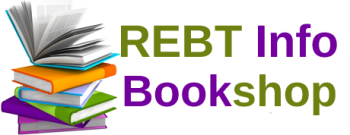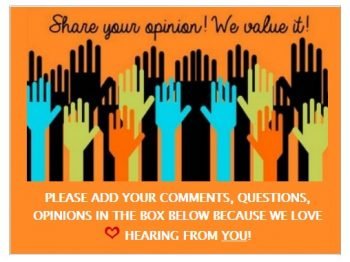|
Forget it! . . . Sigh! |
 Browse over 200 titles about REBT-CBT and related subjects in our great little bookshop |
| Mindfulness |
|
Mindfulness. If you are looking for definition of mindfulness that Forget it! . . . Sigh! Don’t believe me? Have a looksee at the Positive Psychology Programs website which has compiled a list of 20 different definitions of mindfulness from various sources! However, so as to not abandon you in you in the weeds, here is the go-to definition by Jon Kabat-Zinn, popularizer of modern mindfulness meditation and founder of MBSR Mindfulness-based Stress Reduction:
Got it? Good! Now you can go do your mindfulness and become enlightened! Right? Well maybe there is just a little bit more of a learning curve involved. What we are primarily concerned with here is the integration of mindfulness and mindfulness meditation with REBT-CBT, more so CBT I think. From the very early days of CBT, people like Gary Emery–one of the pioneers who developed CBT with Beck and team and the University of Pennsylvania–began exploring Acceptance (with a capital “A”) as an essential aspect of CBT. I (Rex) coined the phrase “Acceptance is the soft underbelly of REBT.” Although I did not become familiar with mindfulness until I had already been practicing REBT-CBT for many years, psychologists such as Steven C. Hayes, developer Acceptance and Commitment Therapy ACT in 1982, recognized the value and utility of mindfulness while CBT was still relatively new. A decade later, Segal, Williams and Teasdale would introduce Mindfulness-based Cognitive Therapy MBCT formalizing the marriage between the two. Meanwhile, Jon Kabat-Zinn introduced his Mindfulness-based Stress Reduction program MBSR in 1979. So, it seems fair to conclude that there has been cross-pollinating between REBT-CBT and mindfulness from early days of both. To me, mindfulness practice and REBT-CBT sometimes seem like an obvious and complimentary match, while at other times, a bit like strange bedfellows. Still, at other times, like simply two different tool in my toolbox. Bottom line, no question about it, mindfulness practice and mindfulness meditation is the flavor of the day. However, while it is indeed fashionable, these updated tools based upon ancient practices are powerful, wonderful and helpful. They can be used with or without REBT-CBT as millions of people have and do practice mindfulness in its various forms having never heard of REBT-CBT, while until recently people have gone through a course of REBT or CBT with no knowledge of mindfulness. While there is no substitute for attending a live workshop, fortunately mindfulness has become so popular that today classes and workshops are readily available and affordable. Meanwhile, here are some resources to get you started with mindfulness which I strongly encourage you to consider. This is hardly an exhaustive list, but is a good starting place. Several of the books here come with CDs or MP3 downloads of instructions and guided meditations which makes the process more accessible and the learning curve gentler. |
 |
| Have you read any of these books? Please add a review or comment or question in the form at the bottom. Thanks! |
|
||
 |
 |
|
 |
 |
 |
 |
 |
 |
||
|
Discover your mind. Waking Up is for anyone who understands that meditation should transform one’s view of the world. |
||
 |
||
 |
 |
 |
 |
 |
 |
 |
| Have you read any of these books? Please add a review or comment or question in the form at the bottom. Thanks! |

![]()
Originally posted 2019-05-05 19:30:54.
- Baby I Need Your Lovin’ . . .Really? - Sat 27 Jul 24
- Accentuate the Rational - Fri 26 Jul 24
















